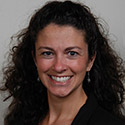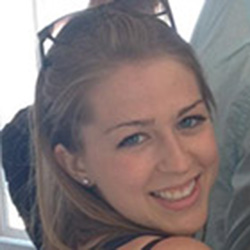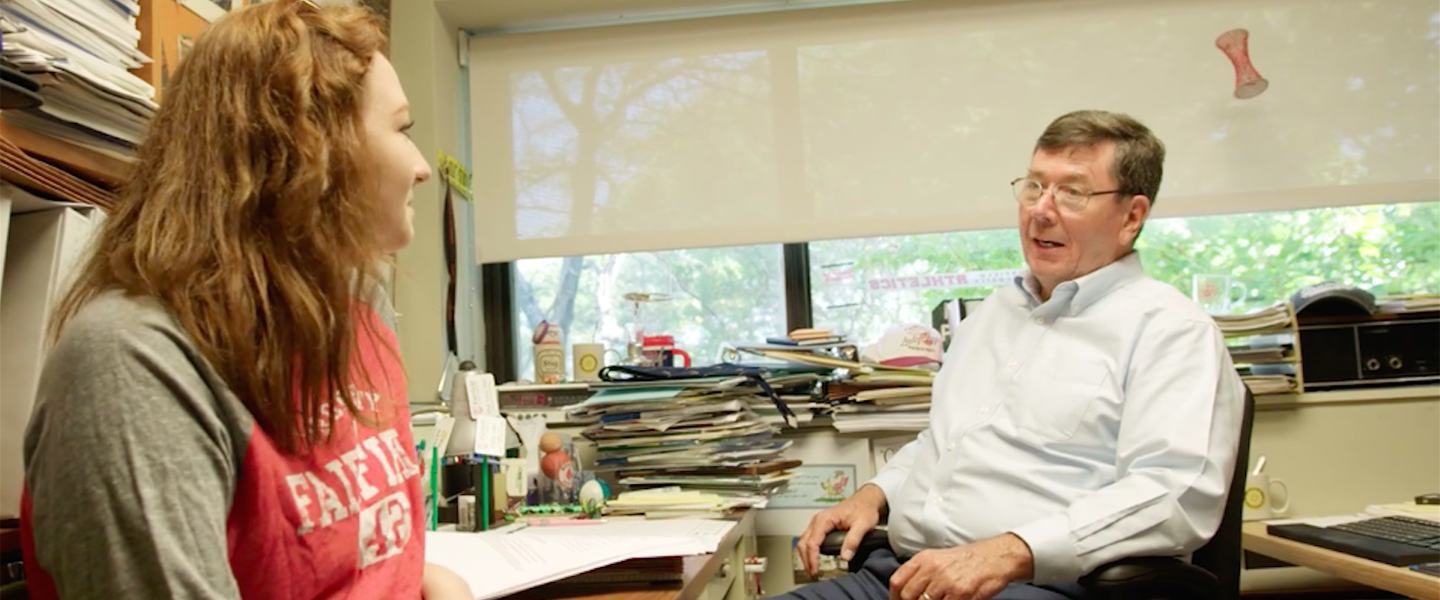Application
Students will be able to describe concepts and apply them to real world issues, use economic theory to explain historical and current economic events, and demonstrate how economic theory can be applied in different market and institutional settings to solve problems.







